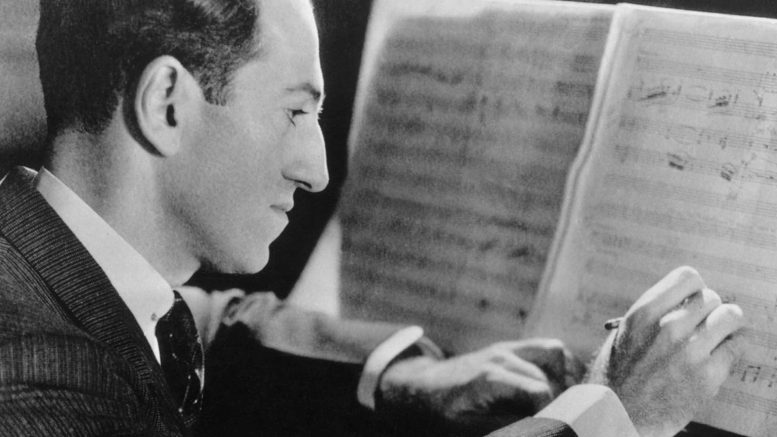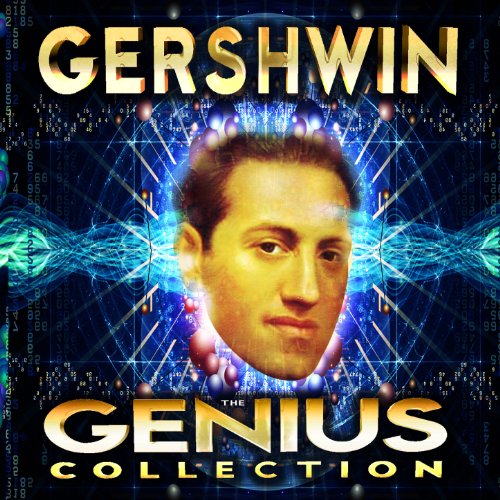Glass & Gershwin: The Musical Genius’ Unexpected Passion
The world of classical music, often perceived as rigid and traditional, sometimes conceals surprising connections. One such captivating intersection lies between the minimalist master, Philip Glass, and the iconic American composer, George Gershwin. While seemingly disparate in style and era, a deeper look reveals a fascinating passion: Philip Glass’s enduring admiration and engagement with the music of George Gershwin. This article explores the unexpected influence of Gershwin on Glass, delving into the reasons behind this artistic kinship and its impact on Glass’s own creative journey.
A Shared American Identity: The Foundation of Their Bond
At the heart of Glass’s fascination with Gershwin lies a shared American heritage and a dedication to crafting music that reflects the American experience. Both composers, in their distinct ways, were deeply rooted in the cultural landscape of their time.
- Gershwin (1898-1937): Epitomized the Jazz Age and the vibrant energy of New York City. His work, including Rhapsody in Blue, An American in Paris, and Porgy and Bess, blended classical forms with jazz, blues, and popular song, creating a uniquely American sound.
- Glass (born 1937): While rooted in the minimalist movement, his music often incorporated American themes and narratives, pushing boundaries and challenging conventions.
Their shared American identity acted as a crucial bridge, connecting two composers separated by time and genre, fostering a mutual respect for the power of music to capture the spirit of the nation.
The Influence of Gershwin on Glass’s Creative Process
The influence of Gershwin on Glass is not always overt, but it permeates Glass’s work in subtle yet significant ways. While Glass is known for his repetitive, structured compositions, the spirit of Gershwin’s musical innovation resonated with him.
- Melodic Sensibility: Glass, though often working with minimalist structures, demonstrates a strong melodic sense. This echoes Gershwin’s ability to craft memorable and emotionally resonant melodies.
- Embracing Popular Forms: Both composers were willing to incorporate popular music elements into their compositions. Gershwin drew from jazz and blues, while Glass has experimented with rock and other contemporary genres.
- Theatricality and Narrative: Both composers were drawn to theatrical expression and storytelling through their music. Gershwin’s operas and musicals, and Glass’s operas and stage works, both demonstrated a commitment to narrative and visual elements.
- Breaking Down Barriers: Both composers challenged the boundaries of their respective genres. Gershwin blurred the lines between classical and popular music, while Glass redefined what classical music could be.
The “Glass-Gershwin” Connection: Specific Examples
While not a direct imitation, the echoes of Gershwin can be heard in certain Glass compositions. The energetic rhythms, vibrant use of instrumentation, and storytelling elements present in both composers’ works illustrate this connection. Although Glass has not explicitly stated the use of Gershwin’s work as inspiration, it is understood that the late composer’s work was of great importance to him.
- Instrumentation and Orchestration: Both composers were masters of orchestration, creating rich and evocative soundscapes.
- Dramatic Flair: The dramatic use of percussion and melodic lines in Glass’s opera often echoes the theatricality of Gershwin’s works.
The Enduring Legacy of Two American Masters
The connection between Philip Glass and George Gershwin serves as a reminder that musical creativity often transcends stylistic boundaries. It underscores the importance of a shared cultural heritage and the enduring influence of those who push creative boundaries.
By acknowledging Gershwin’s influence, Glass illuminates the legacy of American music and his own place within it. The unexpected passion of a minimalist composer for a jazz-infused pioneer provides a unique perspective on the evolution of American musical expression.
Frequently Asked Questions (FAQs)
1. Did Philip Glass ever explicitly state that George Gershwin influenced his music?
While Glass has not made explicit statements, his deep admiration for Gershwin and the similarities in their approach to music, particularly their embrace of American themes and narrative, suggests a definite influence.
2. How can I hear the influence of Gershwin in Glass’s music?
Listen for the melodic sensibility, the dynamic use of instrumentation, and the elements of storytelling in Glass’s operas and instrumental works. Consider comparing the energy and rhythms found in both composers’ works.
3. What are some of the key differences between Glass and Gershwin’s music?
The most prominent difference lies in their compositional styles. Gershwin incorporated elements of jazz and popular music, while Glass is known for his minimalist approach, characterized by repetitive structures and phased melodies.
4. Where can I learn more about Philip Glass and George Gershwin?
Numerous biographies, documentaries, and online resources are available. Search for “Philip Glass Biography” and “George Gershwin Biography” to begin your research. Also, explore their discographies to experience their music directly.




